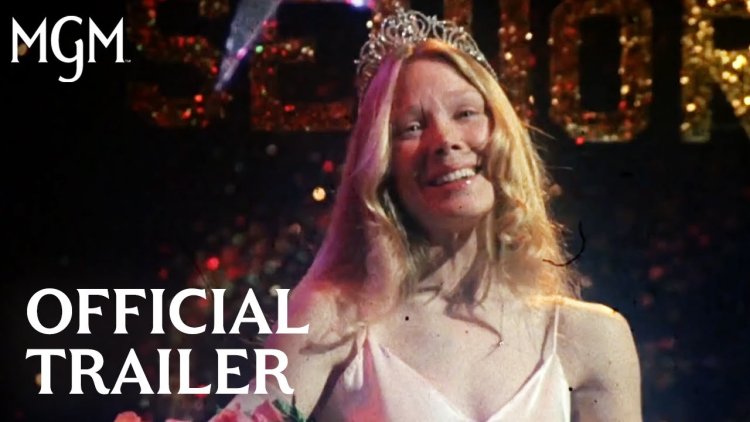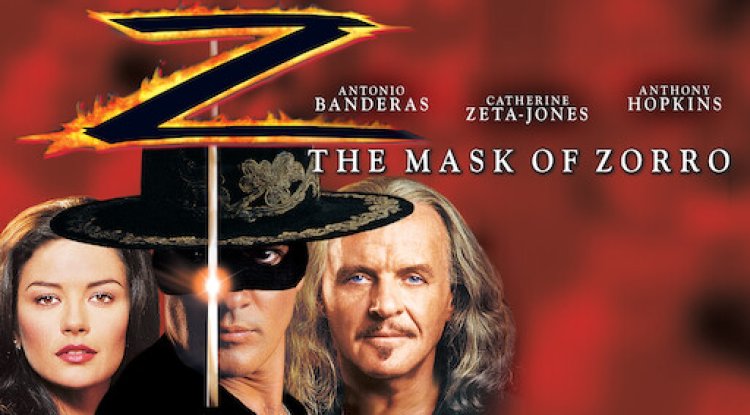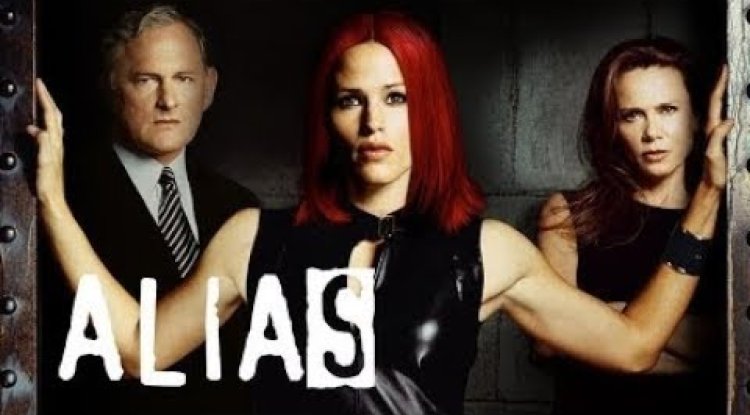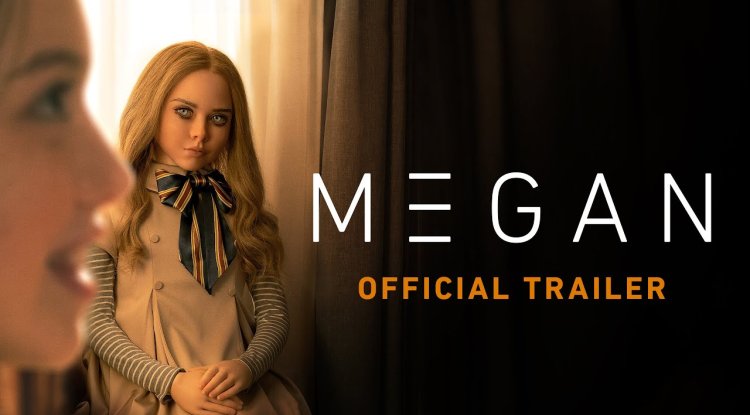‘Carrie’ (1976)
Welcome to our comprehensive analysis of the iconic horror film, "Carrie" (1976). In this article, we delve into the dark and twisted world of Stephen King's debut novel adaptation, exploring the gripping storyline, memorable characters, thematic depth, and enduring impact of this classic film. Join us as we uncover the haunting power of "Carrie" and its significance in the horror genre.

A Tale of Suppressed Power
At the core of "Carrie" lies a tale of suppressed power and the devastating consequences of oppression. The film follows the story of Carrie White (Sissy Spacek), a shy and introverted high school student who possesses telekinetic abilities. Trapped under the control of her domineering mother and relentlessly bullied by her peers, Carrie's journey takes a dark turn as her dormant powers awaken, leading to a cataclysmic climax. The film's exploration of power, isolation, and revenge delves into the complexities of human nature and the horrors that can emerge from within.
Unforgettable Performances
"Carrie" features unforgettable performances that bring its characters to life. Sissy Spacek delivers a mesmerizing portrayal of Carrie, capturing the character's vulnerability, resilience, and eventual descent into madness. Piper Laurie shines as Margaret White, Carrie's fanatically religious mother, portraying her with a haunting blend of fervor and derangement. The supporting cast, including Nancy Allen as the vindictive Chris Hargensen and Amy Irving as the sympathetic Sue Snell, adds depth and nuance to the film's ensemble of characters.
Themes of Bullying and Teen Angst
The themes of bullying and teen angst permeate "Carrie," resonating with audiences who have experienced the harsh realities of high school. The film explores the psychological and emotional toll of relentless torment, capturing the fear and desperation that can consume a young person's life. By addressing these universal themes, "Carrie" taps into the collective consciousness of viewers, evoking empathy and unease.
Masterful Storytelling and Suspense
Brian De Palma's masterful direction and screenwriter Lawrence D. Cohen's adaptation of Stephen King's novel combine to create a suspenseful and atmospheric cinematic experience. The film's pacing builds tension gradually, weaving a sense of impending doom throughout the narrative. De Palma's use of split-screen techniques, dream sequences, and slow-motion shots enhances the film's psychological impact, immersing viewers in Carrie's world of paranoia and isolation.
Iconic Prom Scene
The prom scene in "Carrie" stands as one of the most memorable and chilling moments in horror film history. The culmination of the film's tension and Carrie's growing desperation, the scene unfolds in a shocking and cataclysmic fashion. The imagery of blood-soaked chaos, paired with the haunting score, creates an indelible impression that lingers in the minds of viewers long after the credits roll.
Visual Symbolism and Cinematic Style
"Carrie" utilizes visual symbolism and cinematic style to convey its thematic depth. The recurring motif of water represents both purity and destruction, reflecting Carrie's duality and the transformation of her powers. The film's use of color, lighting, and camera angles adds depth and visual impact to key moments, amplifying the emotional resonance of the story.
Cultural Impact and Legacy
Upon its release, "Carrie" received critical acclaim for its performances, direction, and exploration of dark themes. It became a commercial success and solidified its place as a classic in the horror genre. Its impact on popular culture can be seen in subsequent adaptations, homages, and references in films, television shows, and other media. "Carrie" continues to captivate new generations, exemplifying its enduring legacy.
Empowering the Horror Genre
"Carrie" empowered the horror genre by showcasing the potential for thought-provoking storytelling and complex character development within the genre's framework. It demonstrated that horror films could transcend mere scares and delve into the psychological and emotional depths of the human experience.
Also Check These stars were born with a 'golden spoon'
Conclusion
In conclusion, "Carrie" (1976) remains a haunting and impactful horror film that explores themes of power, bullying, and the destructive forces of repression. With its unforgettable performances, masterful storytelling, and enduring cultural influence, "Carrie" stands as a classic in the genre, unleashing a terrifying and thought-provoking cinematic experience. Step into the world of "Carrie" and confront the horrors that lie beneath the surface of an ordinary life.




























